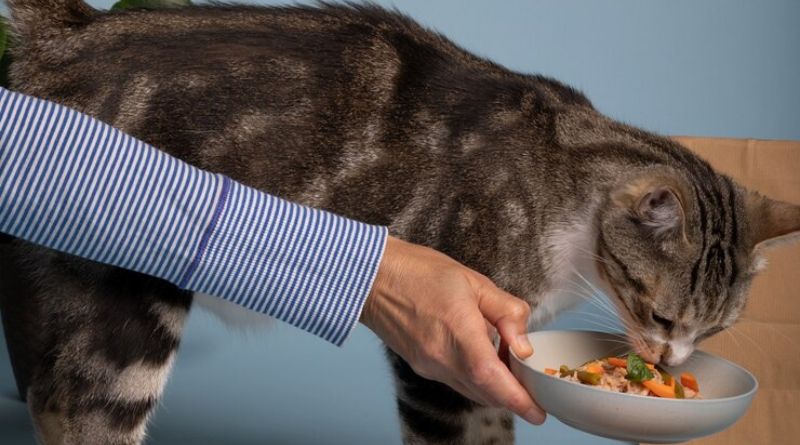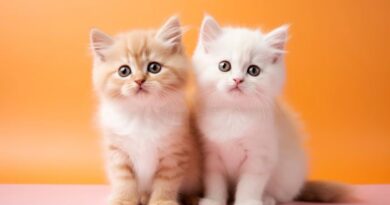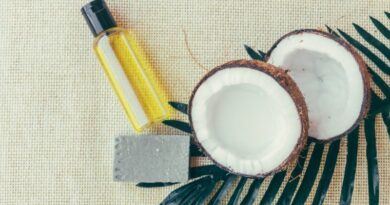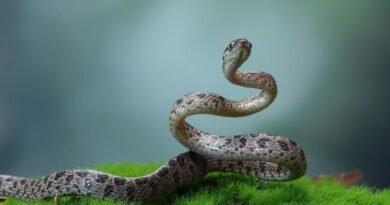Embarking on a journey to delve into the realm of vegan diets for cats not only opens doors to a more sustainable and compassionate lifestyle for pet owners but also unravels a fascinating tapestry of possibilities. Within the confines of this guide, we navigate through the intricacies surrounding the TOP 8 VEGAN DIET FOR CATS, peeling back the layers to expose the scientific intricacies that underpin feline nutrition. Our aim is to demystify prevalent misconceptions, providing clarity and understanding for those venturing into the world of plant-based diets for their cherished feline companions.
Benefits Of Vegan Diets For Cats
While some cat owners choose to provide vegan diets for their feline companions, it’s essential to acknowledge that cats are obligate carnivores, meaning their natural diet primarily consists of meat. However, for those considering or already implementing vegan diets for their cats, here are some perceived benefits:
Ethical Considerations:
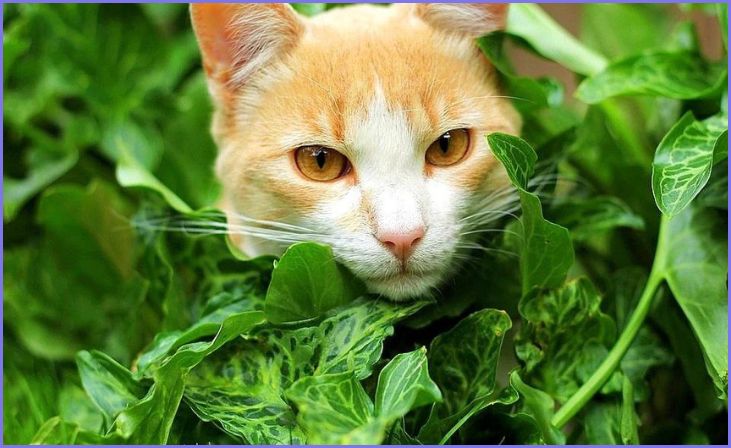
One of the primary reasons people choose vegan diets for their cats is based on ethical concerns related to the meat industry. A vegan diet for cats eliminates the need for animal products, aligning with the owner’s ethical stance on animal welfare.
Also Read:- Cat Toys For Indoor Cats
Environmental Impact:
Vegan diets for cats may have a lower environmental impact compared to traditional meat-based diets. Producing plant-based cat food may require fewer resources and generate fewer greenhouse gas emissions.
Potential Allergy or Sensitivity Issues:

Some cats may have allergies or sensitivities to certain animal proteins. In such cases, a carefully planned vegan diet may help alleviate these issues by avoiding common allergens found in traditional cat foods.
Weight Management:
Vegan diets can be lower in calories and fat, potentially aiding in weight management for cats prone to obesity. However, it’s crucial to ensure the diet still meets the cat’s nutritional requirements.
Reduced Environmental Contaminants:
Plant-based diets may contain fewer environmental contaminants, such as heavy metals and toxins, which can sometimes be present in certain fish or meat-based cat foods.
Dental Health:

Some argue that a vegan diet may contribute to better dental health in cats. Dry kibble, often a component of vegan cat diets, can help reduce plaque and tartar buildup.
Top 8 Vegan Diet For Cats
Vegan Cat Food Brands:

When exploring vegan cat food options, it is crucial to select reputable brands that prioritize a balanced and nutritionally complete diet for your beloved feline. Noteworthy brands within this category include Ami Cat, Evolution Diet, and Benevo. These brands specialize in crafting plant-based cat food alternatives, ensuring that your cat receives the essential nutrients required for overall health and well-being.
Homemade Vegan Cat Food:
For a more personalized and tailored approach, consider collaborating with your veterinarian to devise a homemade vegan cat food recipe. This bespoke diet might feature ingredients such as cooked lentils, brown rice, peas, and supplements, meticulously curated to meet your cat’s specific nutritional needs. Working with a vet ensures that the homemade diet is not only palatable but also nutritionally sound, promoting optimal health.
Vegetables and Fruits:
Diversifying your cat’s diet by incorporating small amounts of cat-friendly vegetables and fruits can contribute to their overall well-being. Vegetables like carrots and peas, along with fruits such as blueberries, can be included. However, it is imperative to consult with your vet to confirm the safety of these foods for cats and determine appropriate serving sizes to maintain a balanced diet.
Tofu and Tempeh:
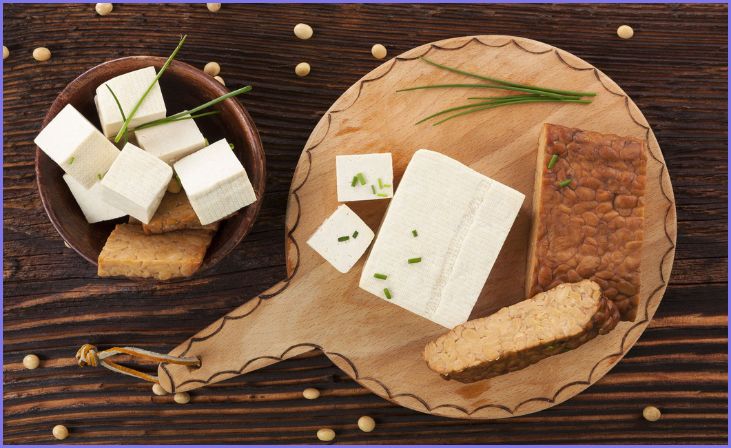
Tofu and tempeh stand out as excellent sources of plant-based protein for cats. When integrating these into your cat’s diet, ensure they are thoroughly cooked and cut into small, manageable pieces. This careful preparation facilitates easy digestion and absorption of essential nutrients, supporting your cat’s health and vitality.
Nutritional Yeast:
Adding nutritional yeast to a vegan cat’s diet is beneficial due to its rich B vitamin content. Sprinkling a small amount over your cat’s food not only enhances flavor but also contributes to the overall nutritional profile of the meal, promoting a well-rounded and satisfying dining experience.
Supplements:
Supplements play a pivotal role in sustaining a cat’s health on a vegan diet. Cats may require additional supplements such as taurine and vitamin B12. Consulting with your vet is indispensable to determine the right supplements and their appropriate dosages based on your cat’s individual needs, ensuring they thrive on a plant-based diet.
Quinoa and Buckwheat:
Introducing grains like quinoa and buckwheat can provide your cat with added protein and essential nutrients. To enhance digestibility, it is crucial to ensure that these grains are cooked thoroughly before serving, contributing to the nutritional diversity of your cat’s diet.
Also Read:- Most Popular Cat Breeds for Feline Lovers
Commercial Vegan Cat Treats:
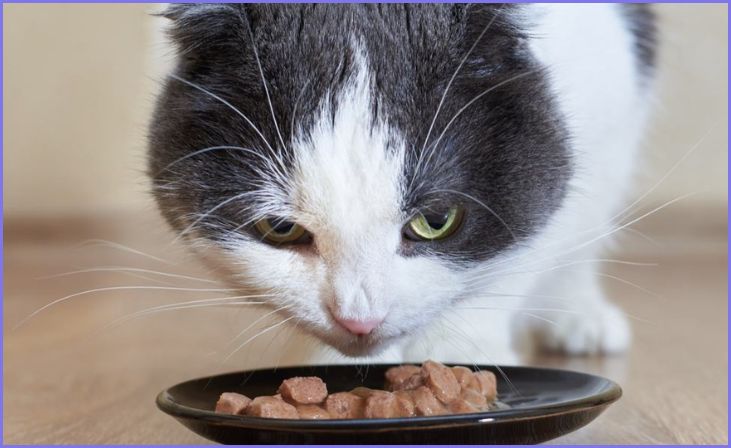
For occasional indulgences, explore the market for commercially available vegan cat treats crafted with plant-based ingredients. These treats can serve as rewards, adding to the overall enjoyment of your cat’s diet. Always scrutinize the ingredient list to ensure alignment with your cat’s dietary needs, promoting both health and happiness.
Final Words
In summary, the TOP 8 VEGAN DIET FOR CATS emerges as a practical and ethical choice for feline nutrition. Through a comprehensive understanding of the nuances, recognizing the associated benefits, and being mindful of potential risks, pet owners are empowered to make informed decisions that place the well-being of their beloved companions at the forefront. This conclusion underscores the viability of adopting a vegan diet for cat health, emphasizing the ethical considerations of providing nourishment that aligns with the individual pet’s health and the broader principles of responsible and compassionate care.
Frequently Asked Questions
Yes, vegan diets can be safe for cats, but it’s crucial to ensure they receive all essential nutrients. Consulting with a veterinarian is recommended to tailor the diet to individual needs.
Meeting protein requirements in a vegan cat diet involves incorporating plant-based protein sources like quinoa, legumes, and supplements. Veterinarian guidance ensures a balanced protein intake.

